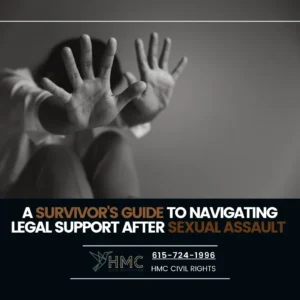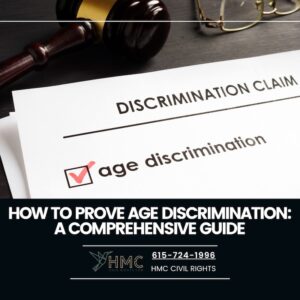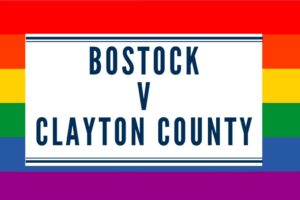“My employer told me I was going to be fired, but they asked me if I wanted to resign. What should I do?”
This is a question we get asked all the time, and it is a complicated and loaded question. Of course, every case is different. But, I will tell you, if you resign and feel like it was because of a discriminatory or retaliatory reason, you just may have really messed up your ability to recover lost wages if you proceed with a lawsuit. That is if you can get counsel. Regardless, it still begs the question:
Is it Better to Be Fired or Resign?

The Challenge of Proving Constructive Discharge
Many attorneys will give a lot of scrutiny in deciding to take a case when the employee has resigned. This is because this means the attorney will have to prove constructive discharge.
With constructive discharge, it must be proven that an employee who resigned did so after experiencing an unbearably hostile work environment. These hostile working conditions must be such that any reasonable person would not be expected to continue working. Therefore, the resignation would not be fully voluntary.
Proving a constructive dismissal or discharge is a near-impossible legal standard. There is no specific federal or state law that defines constructive dismissal, and the burden of proof will be on the employee.
Ineligibility for Unemployment Benefits
The other consideration is if you resign you likely will not be eligible for unemployment benefits. In some cases, you may be eligible for unemployment benefits, but you must prove you had good cause for leaving your job as defined by state and federal law. You will have to prove you were forced to quit, and employers will often choose to fight these claims to avoid setting up a wrongful termination lawsuit.
Resumes, References, and Future Career Development
Lastly, a lot of people are under the misguided perception that if they resign it will somehow look better on their resume or they will get a better reference.
The following is why resigning does not necessarily look better on a resume:
- Your former employer should never pass along whether you resigned or were terminated. Passing on this information opens them up to liability for interference with a prospective business contract, i.e., your next job.
- Most prospective employers know not to ask. If they do, that’s a sign of a short-sighted employer. They should be hiring you for your qualifications, not what happened at your other job.
I have also found that in a competitive job market, especially in particular industries, companies know which ones run off the talent. These companies are all too happy to take a competitor’s former employee – no questions asked. In certain industries, they likely heard that Manager X with the competition is a monster.
Overall, it’s really not worth resigning if you’re going to be fired. The benefits do not outweigh what you’ll potentially lose out on for resigning. Your best bet is to check with an attorney (like us) before you quit. If you can’t do that, then ask yourself – do you need unemployment benefits while you look for another job, and do you have a potential claim for wrongful termination?
Additional Reading:






